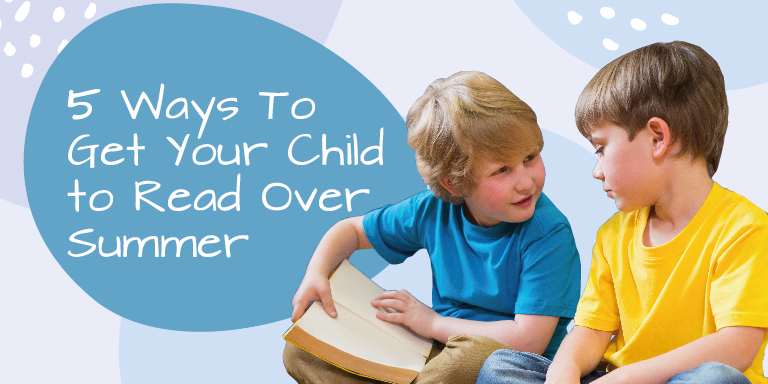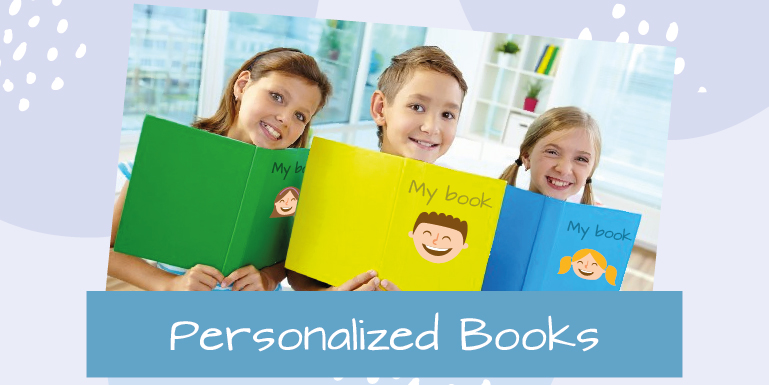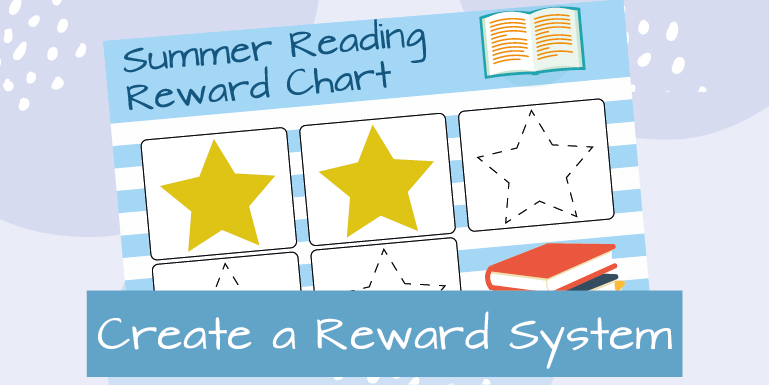
Summer is upon us and the kids are home from school. Whether they’re staying at home or shipping off to camp, there are still plenty of opportunities for them to practice their reading skills! School may be over, but reading is something that we use every day, no matter what we are doing, so helping kids practice their reading is an important part of preparing them for the rest of their lives.
Why Reading is Important
Whether reading a recipe, playing a game, or driving around on errands, reading is a skill we always use. A person who can’t read suffers serious setbacks to their lives, personally and professionally. Instructions and cautions are often written out, so reading that affects public and private safety as well.
However, it is not always easy to get kids to read. Some kids struggle while others are flat-out resistant. Some kids enjoy reading in certain contexts, and others enjoy reading things we don’t think of as books. No matter what kind of reader you have, there are lots of ways to get any child reading. Here are five suggestions to help even the most resistant reader have fun with reading!

1 Let Your Child Choose
Kids know what they like, and even if we don’t like it, we should give them the reins when it comes to choosing what to read. Anything that encourages kids to read is a useful tool (within limits – don’t give them Fifty Shades of Grey!). The best way to get a child to read is to ensure that they are engaged in the material, which will only happen if they like it. Making them a part of choosing what to read is a great way to ensure they read it. Even gross stories should be considered if they encourage reading, as well as other sources of reading materials. If your child has already read the book, that’s okay too! Even adults read favorite books over again, and revisiting beloved characters is almost like revisiting old friends.

2 There Are More Than Just Books!
From comics to video games to magazines, there are many ways to read that don’t necessarily involve books.
- Short stories and articles can provide invaluable assistance without committing a child to a whole book. An article about a sports hero or something they enjoy (dinosaurs, astronomy, music, and movies are examples that provide possibilities) will be treated with more interest than school work. Short stories are great because they are self-contained, and the “short” length provides a resolution in one sitting.
- Comics and graphic novels are not only good for reluctant readers, but also for early readers, and the bold colors are attractive to all kids. Many familiar characters originated from or were adapted to comic books, so finding titles your kids will enjoy should be very easy.
- Subtitled movies and shows provide a reading resource that is not often considered. Japanese anime (cartoons) and manga (comic books) are very popular and have a fan base that spans many generations. While popular titles of anime have versions in English, many of them can be found in subtitled form as well, and like American comics, most of the anime series are either based on manga or are adapted as manga. Foreign movies from any country can be enjoyed, sneaking in the reading in a fun way.
- Video games provide endless possibilities. Some games require reading to get through the plot, particularly role-playing games (RPGs), which also hone critical thinking and decision making skills. Numerous games have resources such as strategy manuals, tips, guides, and even entire websites dedicated to playing the game better.
- Board games that require reading can also provide opportunities for your child to practice.

3 Read Together
James Patterson is not just selling books when he advises us in this CNN editorial to read ourselves. Children see what we do and often imitate us, so reading books around your children reinforces their own reading.
Reading together, by reading to them, allowing them to read to you, or taking turns page by page or chapter by chapter, gives plenty of opportunities not only to show the value of reading by example, but also to talk about the things you read. Older readers may still enjoy being read to, but if they don’t, reading the same book at the same time together can allow for some great bonding memories.

4 Personalized Books
One excellent way to get a child’s attention is through the use of his or her name. Personalized books engage your child by making them a character integral to the plot. This way, the child is in the story as a participant. The child will want to read this over and over again because they are the star of the show! Whether the characters are from comics, Disney, Dora the Explorer, or your own creations, your child will love being a part of the story, and will want to read it over and over again. Plus, it makes a great keepsake when they get older!

5 Create a Reward System
A reward system can be beneficial to both the most avid readers and the most staunch avoiders. Some parents reward their children with decreased chores while others will give gifts or outings. If the book is based on a movie, especially one that will be available in a theater when the child finishes the book, that can serve as major incentive. The same thinking can be applied to television – every minute or page of reading equals one minute of television.
Even disguising a reward system as a game, like a scavenger hunt or a reading challenge, can be encouraging and exciting for kids. A reward system also gives plenty of opportunity to praise the child, which will encourage them even more. Studies show children are more likely to repeat behaviors which earn them praise – and this works for children of all ages, including adult ones!
Whether hanging out at the local library or participating in events at area book stores, there are lots of opportunities to find books and other reading that your kids will be excited about. Employing the right strategies can ensure your kids practice reading even while school is out. Summer is fun, and a great time to highlight how fun reading can be!